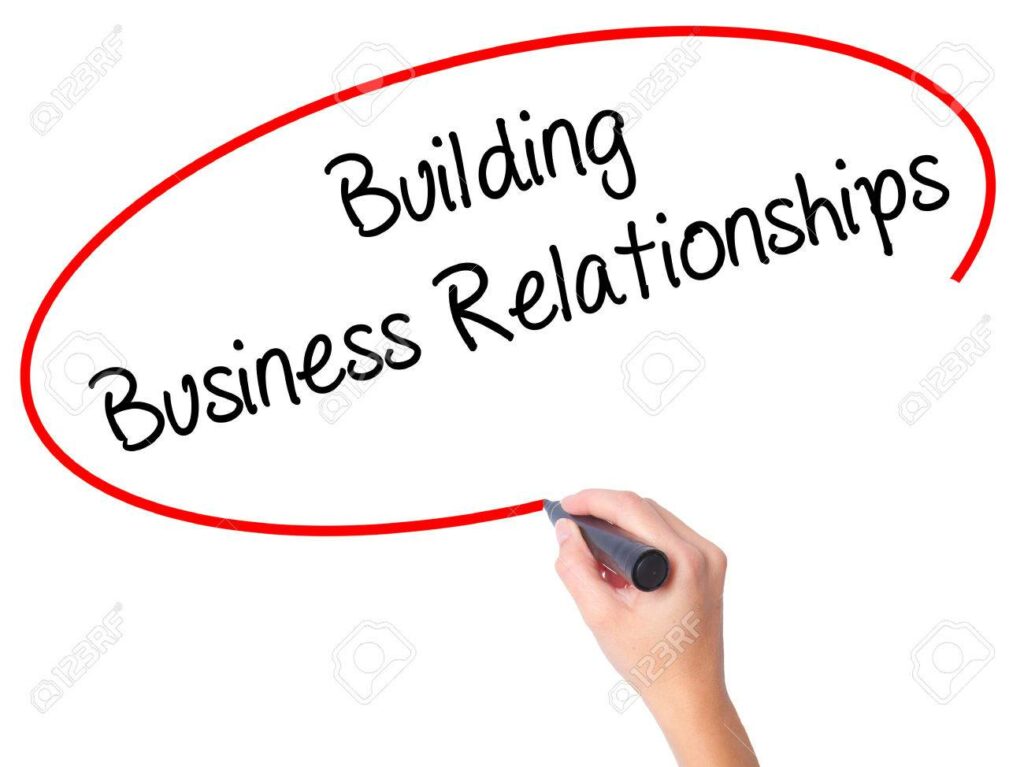
Sam and Joanne are both leaders in their respective companies. Both are decisive go-getters who thrive in stress-filled environments, and each wants to further build upon their leadership skills. How they go about that is significantly different.
Sam presents his goals to his team with confidence. He is direct and works to motivate his employees. Unfortunately, Sam tends to micromanage his team. He constantly corrects his team on how they are going about their tasks. He states that he wants them to take ownership of their work and grow their skills but can’t seem to let go.
Joanne’s approach is quite different. She is transparent and upfront. She reveals her real motives, desired outcomes, thoughts, and feelings to the team before the project begins. Joanne is clear about the significant milestones and how success is measured. She is frequently in contact with the team and updated on their progress and the status of their outcomes. She sees herself as a resource who is in it with them and is consistently candid in her feedback. Joanne works with her team cooperatively, building trust and creating successful results.
The main difference in these two leaders’ approaches is that Sam is a one-dimensional leader and is hyper-focused on how the team should be doing things. Joanne, however, is a multi-dimensional leader focusing on both outcomes, results, and relationship building.
____________________________________________________________________
Building Blocks for Building Trust The Leadership Circle – Building Relationships
- Competent: I know what I am doing.
- Believable: I tell the truth (“I say what I mean”) and that I’m open (“I share relevant information”)
- Reliable: I follow through. My words and actions consistently match (“I mean what I say”).
- Connected: I am on their side (“Belong to the same tribe”).
- Vulnerable: I trust others.
_________________________________________________________________________
Trust building is a challenge. In the Harvard Business Review article, “The Decision to Trust,” writer Robert F. Hurley shared the following findings: Out of 450 executives from 30 companies around the world, half of all those surveyed said that they did not trust their leaders.
“Leadership is an achievement of trust.” Peter F. Drucker, management consultant
None of this growth happens overnight, successful leaders see the ROI of strengthening their trust-building and relational skills and focus time and energy there. Working with a leadership coach helps with accountability and growth-tracking in these areas.
_________________________________________________________________________
How would team members describe your relationship skills? Would the word “trust” come up if asked to sum up your leadership in a few words? If you want to strengthen these essential leadership skills, contact Anthony.


